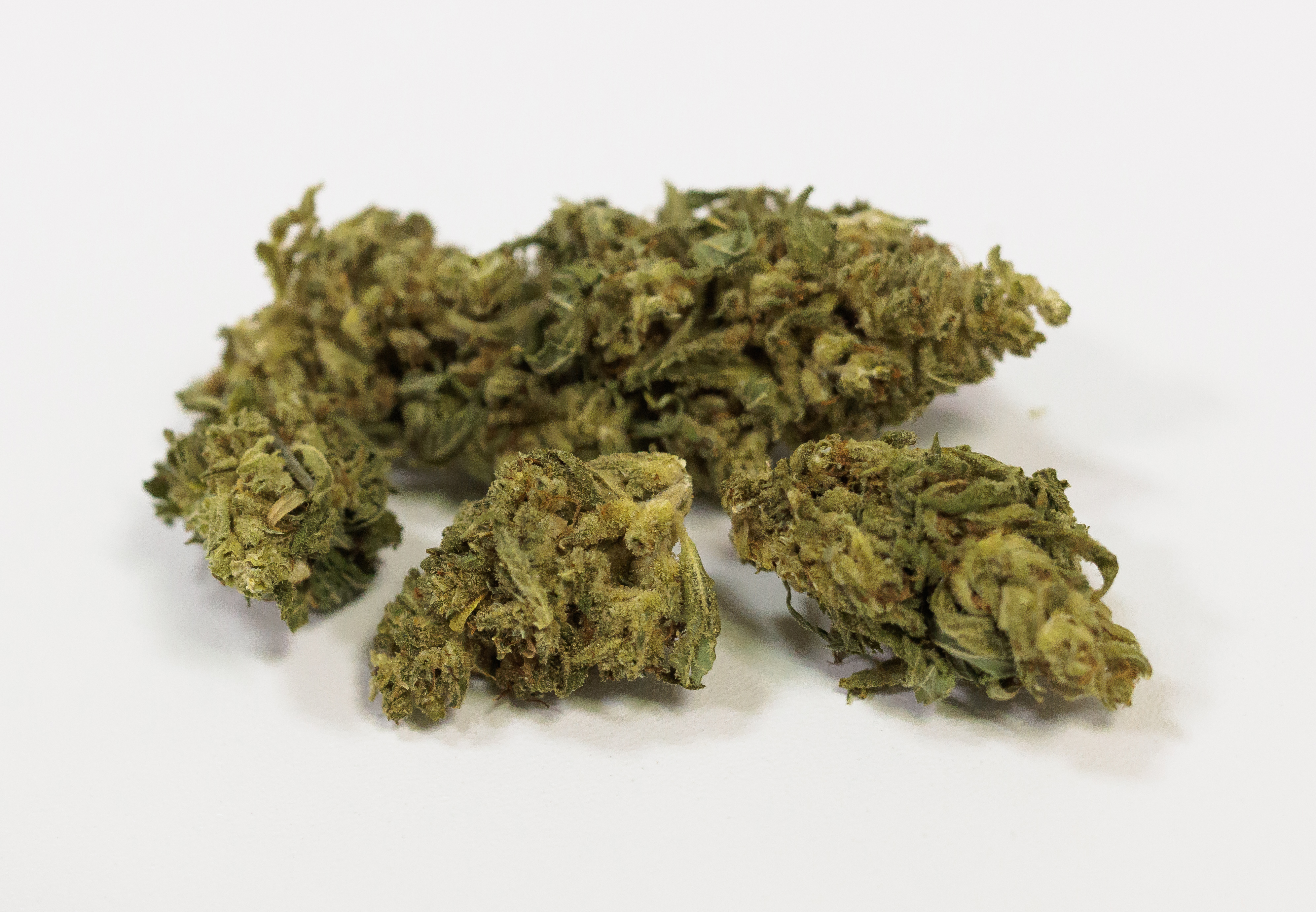Botox is used for everything these days. From getting rid of wrinkles, to migraines, even to stop excessive sweating. Now some doctors believe the toxin can help treat depression.
Mary tried all sorts of medications to treat her depression. But the drugs actually made her feel worse than the depression itself.
"The side effects were more than I wanted to put up with and for me the side effects were severe headaches," she said.
Mary -- who asked that we not use her last name - thought living with depression was her only option.... then she heard about an experimental treatment using Botox -- that's right -- Botox, used by millions to get rid of wrinkles by paralyzing the facial muscles.
Dermatologic surgeon, Eric Finzi, has been working with Botox for years. Not just using it to make patients look younger, but using it to make patients feel happier.
He says it's an old theory formed by Charles Darwin, who believed that a person's facial expression influences their mood.
"The whole theory, it is not about how you look... It's everything to do with how the muscles of the face actually interact with your brain," said Finzi with the Chevy Chase Cosmetic Center.
Health
"Whatever muscles you express on your face actually feedback to your brain and your brain feels the emotion," he said.
He put the theory to the test in 2006. He looked at 10 people -- all clinically depressed. He gave them one Botox treatment in the muscle in between the eyebrows, called the corrugator. Finzi says that muscle -- also known as the "frowning muscle" -- activates and tenses up when a person gets angry or upset.
"If you inhibit the ability of this muscle to contract, you're actually going to feel less sadness and anger,” he said. . You're actually going to have more difficulty feeling the emotion because feelings are not just something that's happening in the brain."
Finzi says 9 of the 10 people in the study said their depression went away, but returned once the Botox wore off. Now he's trying to replicate those results in a larger double-blind experiment with about 60 people. He's also working with psychiatrist Norman Rosenthal - director of Capital Clinical Research Associates.
"There are so many way to treat depression and of course the main stay is antidepressants," Rosenthal said.
"Often times these are insufficient. There are still some people left feeling depressed. So we really do need novel, innovative ways to treat depressed people," he said.
Mary tried Botox to treat her depression after hearing about Finzi's pilot study a few years ago. She says it's changed her life.
"I noticed after -- oh I would say -- within a week my spirits started to raise and I felt more positive," she said.
"I have more energy. I'm definitely sleeping better and I'm more positive about everything."
Finzi said there is minimal risk of side effects with Botox. Most common issues are pain and bruising at the site of injection. He’s conducting his study in the Washington, D.C. area.



